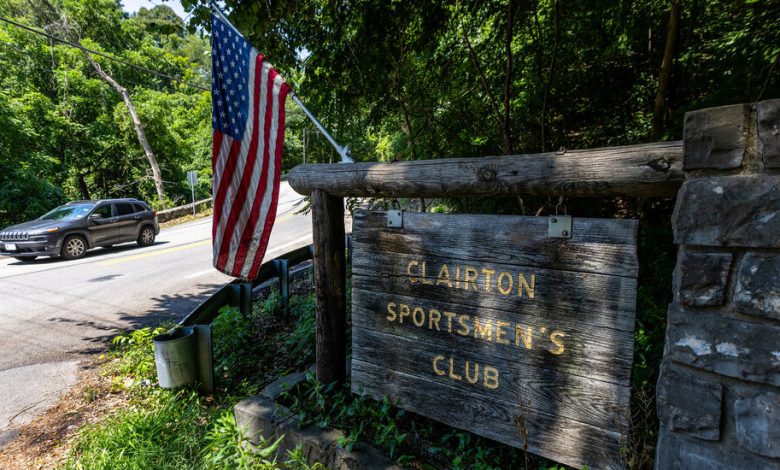Guns Are Woven Into the Life of Shooter’s Hometown

Thomas Crooks did not have to look far beyond his hometown in western Pennsylvania to find opportunities to arm himself, buy ammunition and practice shooting before he headed to a political rally last weekend and tried to assassinate former President Donald J. Trump.
Guns and hunting are deeply woven into the culture of smaller boroughs and rural areas of Pennsylvania where he grew up, just as they are across much of a country with an estimated 400 million firearms. The gunman’s high school, in the Pittsburgh suburb of Bethel Park, has had a rifle team since the 1950s, and it is not uncommon for students to skip a day of school during white-tailed deer season or come to class dressed in camouflage.
“Out in the suburbs, it’s a bit more common to practice these things,” said Keith Bartosch, a member of the Clairton Sportsmen’s Club, where the gunman had also been a member. “From my house, I can hear at least four different sports clubs’ shooting, depending on which way the wind’s blowing.”
Now, Clairton and other private gun clubs, shooting ranges and gun dealers that speckle the rolling wooded countryside around Bethel Park are being scrutinized by federal investigators who are trying to unravel how the gunman armed himself and learn more about his history with weapons.
The shooting — which killed one rally attendee and critically wounded two others — has also reignited a debate over whether stricter gun laws could have stopped Mr. Crooks or kept the AR-15-style rifle he used out of his hands.
Advocates for tighter gun restrictions in Pennsylvania seized on the shooting to urge state lawmakers to pass bills already introduced into the state legislature that would expand background checks, temporarily remove guns from potentially dangerous people and raise the minimum age to purchase rifles similar to the one used in the attack to 21 from 18.
